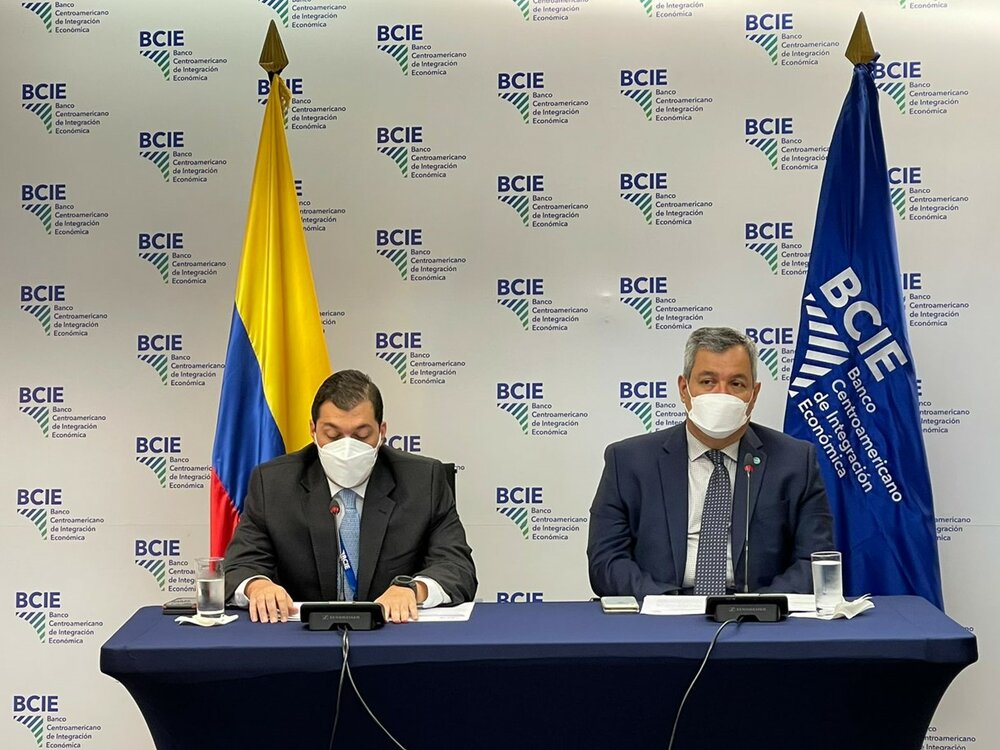With CABEI support, Colombia launches results of public policy studies to combat unemployment

Non-reimbursable technical cooperation in the amount of US$99,750 financed the studies for the Employment Mission.
Bogotá, January 12, 2022.- The results of the Employment Mission, an initiative of the highest technical and political level in Colombia, which aimed to diagnose and design public policies, as well as provide recommendations for problems in the Colombian labor market, were released on Wednesday with the support of the Central American Bank for Economic Integration (CABEI).
During 2020, the Bank approved non-reimbursable technical cooperation in the amount of US$99,750 thousand to leverage the initiative to counteract the labor crisis, which was executed by the Ministry of Labor and the National Planning Department (DNP), who consolidated the proposal.
In a virtual event in which the technical documents containing diagnoses and public policy recommendations were presented, CABEI Executive President, Dr. Dante Mossi, said: "providing these resources allows our member countries to lay new foundations and redirect efforts for economic recovery, boost competitiveness and reduce the negative impact of the COVID-19 pandemic.”
Some of the points that motivated the creation of this Mission arise through the identification of issues such as:
- Recent deterioration of the main labor indicators and accentuated by COVID-19.
- Changes in the employment structure and the emergence of new contracting methods.
- Lack of an overall assessment of public interventions in labor issues and new institutions.
The event, held on Wednesday, was attended by the Colombian Minister of Labor, Ángel Custodio Cabrera Báez; CABEI Executive President Dante Mossi; the Director of Colombia's National Planning Department, Alejandra Botero Barco; and the CABEI Director for Colombia, Julio Jacome. For their part, mission chiefs Santiago Levy and Darío Maldonado presented the main results of the mission.
This initiative is part of the Sustainable Competitiveness strategic axis within CABEI's 2020-2024 Institutional Strategy, which seeks to intervene in strengthening the economic, social, and institutional factors that determine regional competitiveness.





